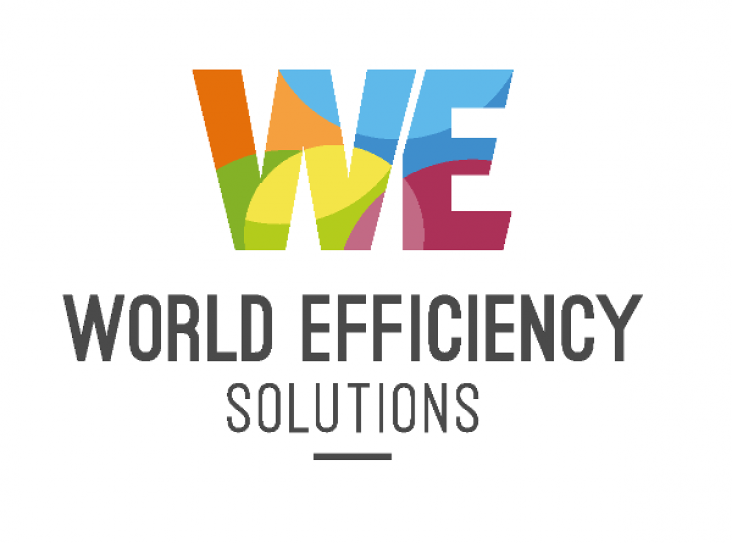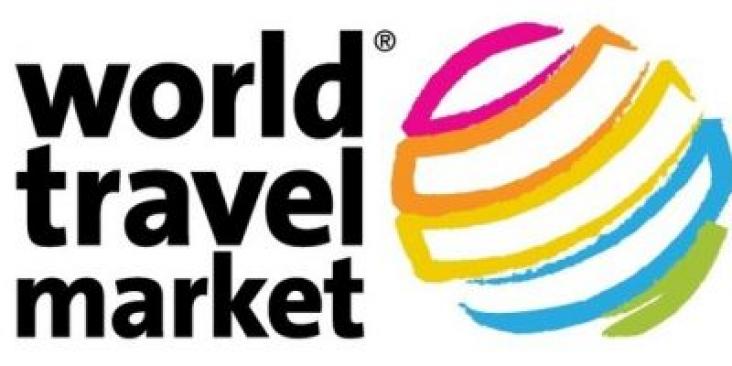
Increasing attention has been given to historically and culturally significant traditional villages in China in the past five years. Two key themes have been protection and usage.

World Efficiency Solutions (WES) is the premier international meeting for the low-carbon and resource-efficient economy focussed on creating the low-carbon and resource-efficient market place. WES was first held in 2015 in Paris during COP21 negotiations, focusing on climate change solutions. World Efficiency develops a new environment consensus: economic and human activities must, to be sustainable, be redesigned to limit their impact on the environment while awareness of the planetary limits (climate change and resources scarcity) becomes widespread. A key objective for WES 2017 is to Identify new market opportunities aligned to the 2030 Sustainable Development Goals (estimated market opportunities are larger than USD 12 trillion) and the Paris Agreement on Climate Change from 2015.

How to feed a population of 9bn in 2050? This was the question posed which provided the impetus for Elsevier to launch the bi-annual International Conference on Global Food Security Conference in 2013. Now in its 3rd year this highly regarded, research-led conference is focusing on five core conference themes to reflect an integrated approach to identifying solutions to the complex global challenge of food security: 1. Food creation 2. Food safety and bio security 3. Food loss and waste 4. Food in a changing society 5. Food utilization. Achieving global food security whilst reconciling demands on the environment is the greatest challenge faced by mankind. This directly supports SDG 2: to end hunger, achieve food security and improved nutrition and promote sustainable agriculture.

World Travel Market London provides a unique opportunity for the whole global travel trade to meet, network, negotiate and conduct business. For many years, WTM London has organised World Responsible Tourism Day, with the support of the United Nations World Tourism Organization. This is the world’s largest industry event focused on efforts to make the industry more responsible and sustainable. Each year leading figures from the industry, along with representatives of civil society and key organisations, gather to discuss the key issues facing the sustainable development of tourism
This book chapter advances SDGs 12 and 14 by focusing on the importance of fisheries and its role in human development, considering historical aspects, the main uses of targeted taxa, and their capture methods, which include the use of animals.
Enzymes are used in biocatalytic processes for the efficient and sustainable production of pharmaceuticals, fragrances, fine chemicals, and other products.
The paper presents the most recent advances in applications of alternative medium to replace polar aprotic solvents such as dimethylformamide (DMF), dimethylacetamide (DMAc) or N-methyl-2-pyrrolidone
This book chapter addresses goals 3, 12, and 15 by exploring how combining the knowledge derived from traditional medicinal practices with modern science creates endless possibilities for drug discovery and the use of plants in the treatment of a wide array of conditions.
A climate mitigation comprehensive solution is presented through the first high yield, low energy synthesis of macroscopic length carbon nanotube (“CNT”) wool from CO2 by molten carbonate electrolysis
Nanoscience is an inspiring and influential discipline of science which have accessible numerous novel and cost-effective yields and applications.
